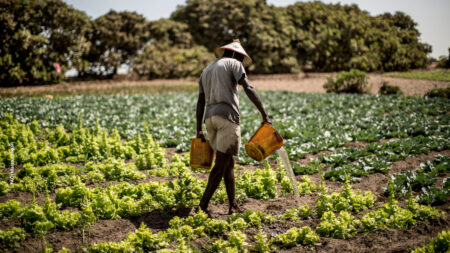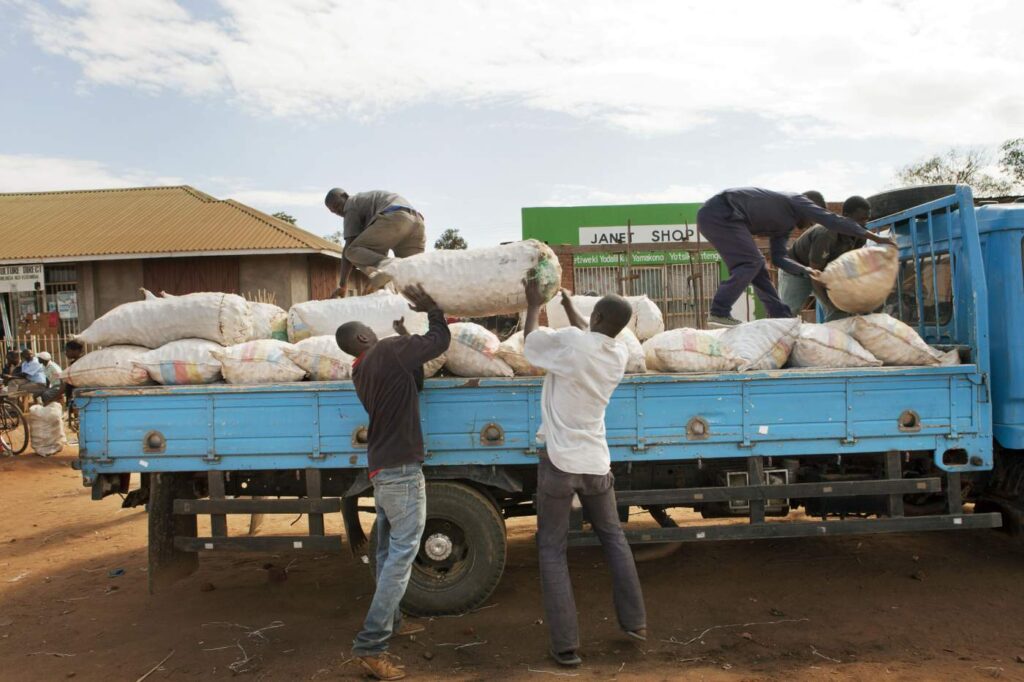There is a device being used rather often lately by our most vocal lobbyists as they chase new regulation or overturn old rules: ‘Europe’ has banned ‘it’, or done ‘it’, or changed ‘it’, they are telling us, as a reason to reshape our own policies.
However, the problem with this form of case-building, just as when our children tell us their friend’s parents allow ‘it’ or have bought ‘it’, is that the comparison comes without circumstantial detail, and with the possibility of being untrue in the way it is presented, or, at the very least, of being irrelevant to our own circumstances.
Indeed, few things are more illustrative of those pitfalls than the oft-cited banning of pesticides by Europe. In the ‘one-story-fits-all’ line of case-building, we are told that Europe has banned a mass of pesticides because they result in cancer and reproductive problems in humans. This is painful for experts to witness. For, in our era of short-form information, few non-experts will go and find out the actual truth of what Europe has banned, or why, and what the consequences are. Yet, without that knowledge, we stand in danger of being badly manipulated.
A perfect example is a group of pesticides called neonicotinoids, which are now banned in Europe for outdoor use: the first point is that they were banned because of their claimed impact on bees, not humans.
Also Read: Desert locust possibly ‘locked out’ of West Africa
For, over a decade ago, the managers of large bee colonies in the US and Europe began reporting bees were simply disappearing. That is worrying for everyone, because bees are key pollinators for many fruits and foods, estimated at around $20bn worth of crops worldwide.
Green lobbyists immediately leapt to the podium calling out pesticides as the cause. There was no scientific evidence that they were, but political pressure anyway, began building to ban the class of pesticides called neonicotinoids as harmful to bees – and Europe did. (Ultram)
The US did not, with its Environmental Protection Agency (EPA) stating there was no scientific evidence to support such a ban. But Europe has moved on a number of issues in recent years without the same need for scientific evidence that the US EPA applies.
Also Read: The economy is mobile: How Uganda’s digital environment is working
However, it turned out it was not pesticides that were emptying the world’s bee hives, but a tiny parasite, the Varroa Destructor mite, which had swept through the European honey bees cultivated in Europe and in the USA, eating bees’ live tissue and infecting them with 13 different viruses, one of which, in particular, saw their wings malform, and made them unable to navigate back to their hives.

Information on the bee disease is still growing, but in January, the US National Institutes of Health announced a breakthrough in engineering a bacteria that could protect the bees from it by triggering an immune reaction to this Deformed Wing Virus (DWV). For it is this secondary virus causing the harm, rather than the bees losing a small amount of tissue to the mite – just as malaria catches us as humans, not the tissue we lose to a bite by a mosquito.
Now these are facts, and vital ones, as the world chases a solution to this bee disease.
For in the two years since the EU’s neonicotinoids ban, the Varroa mite has continued infecting Europe’s bees and, with its bee numbers falling faster than ever, it has announced a raft of special assistance for its bee industry in the 2020 agricultural programme. But it also has a new problem in huge, extra crop losses previously prevented by the neonicotinoids. As a result, France in September announced an exception to the neonicotinoids ban for its sugar beet producers, who the Agriculture Minister said, are facing ‘an unprecedented crisis’ as a result of ending their crop protection.
Also Read: European Investment Bank Unlock finance for post-pandemic recovery
Indeed, the French announcement follows so many ‘derogations’ by member states on this particular ban – which is where they ask to be allowed to set aside a law – that it has become a controversy in its own right in the EU how many ‘derogations’ can be allowed on any ban.
And that is how information starts to look, once the full context is given.
For campaigners who comment on how it is a disgrace we have crop protection in Kenya that is banned in Europe, mean, among other things: we should adopt a ban that there is, definitively, no scientific evidence for, that the US has rejected, that the EU states are resisting and overturning, and which is generating huge crop losses, just because that is the path the EU took to address the devastation that is actually being caused, primarily, by the Varroa mite.
Of course, it looks a bit different put that way – as ‘disgraceful Kenyan regulations and regulators’ go. Actually, what it looks like, which is the reality, is that our regulators, just like the EPA, are taking a lot of flak, but doing just one thing – sticking with the facts. They are not trying to poison Kenyans, and they are keeping a very, very close eye on bees too.
By Eric Kimunguyi, CEO, Agrochemicals Association of Kenya










